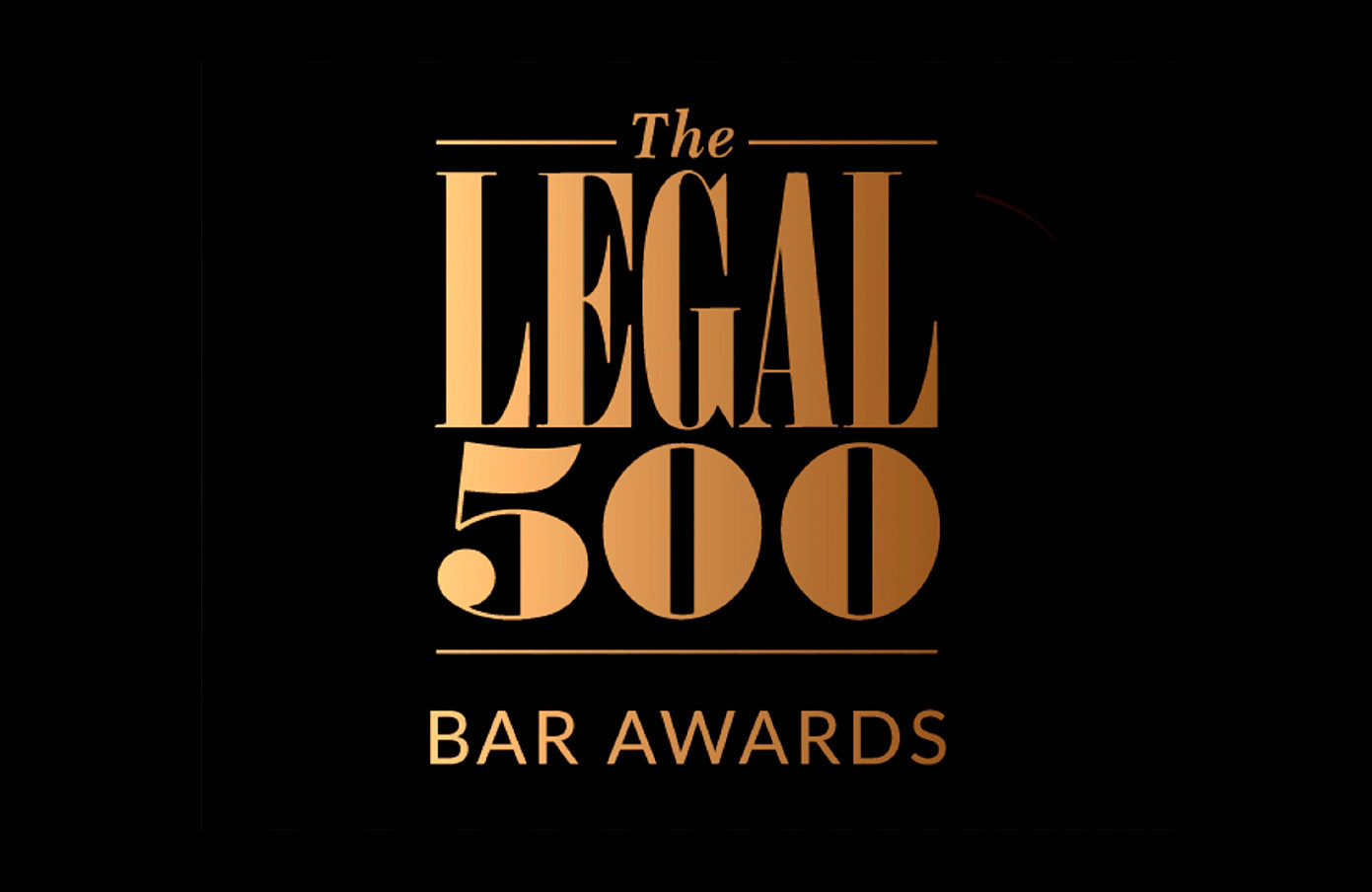The return of in-person hearings - 3PB experiences, hints and tips
3rd July 2020
As 3PB find themselves returning to Tribunals in-person, Joseph England outlines members’ experiences and key points to bear in mind as the differences emerge to the world we once knew.
From the week beginning 29 June 2020, 3PB barristers have found themselves returned to the once familiar world of in-person hearings. Forced to shed their lockdown ‘work t-shirts’ and remember where the iron is kept, the team have been busy across the country returning to Tribunals and finding out what is the current reality of in-person Tribunal hearings. Hearings have so far included a mixture of trials and open preliminary hearings and include Tribunals in Watford, Reading and Bristol.
Practical differences
The starkest practical difference has been the requirements around documentation. The letter copied below has been provided by the South East region but it is understood that it applies across other regions. Notable requirements regarding documentation include:
“So that paperwork does not have to be shared, the parties must bring to the hearing for the personal use of each witness whom they intend to call an individual set of copy witness statements and an individual bundle of documents (clean and unmarked). At least one further set of statements and copy bundle should be brought for the use of any observer.
Witness statements and bundles must be sent to the hearing venue identified in the notice of hearing so as to arrive at least two working days before the hearing.
Digital copies of the witness statements and bundle must also be sent by email to the Tribunal at [email] at least two working days before the hearing.
The Tribunal will not accept additional documents brought on the day of the hearing. If you wish to add documents to the bundle they must be emailed together with an associated application.”
The above represents a relatively major change in procedure. The previous resistance from Tribunals to having papers sent in advance appears to have been lost but this means the common last-minute flurry of agreeing and providing documentation is clearly not going to be appropriate and may well be met with criticism by Tribunals. Parties will as ever need to work collaboratively with ‘the other side’ to ensure that documentation arrives in good time to the Tribunal. The Tribunals move to accepting documentation sent electronically and in advance of a hearing is a welcome move towards consistency with the Court system and as Counsel looking forward to not carrying voluminous bundles to hearings, I can feel my back feeling less strained already.
Further considerations
Further practicalities on the day to consider are:
- Conference rooms have been limited to only allow a reduced the number inside (2-3 in our experience). Some Tribunals are using Tribunal rooms as conference rooms with a 6 person limit. Cases involving many witnesses or attendees will therefore have to adapt and, for example, only have key attendees present at certain points. Consideration should also be given to having a conference in advance of the hearing date, by telephone or video for example.
- Attendees are advised to bring bottled water. The provision of water jugs on tables is temporarily postponed and “a small supply of bottled water may be available at hearing venues”. In addition, those attending Tribunals will be familiar with the lunchtime search for nearby food outlets, the success and pleasure of which varies greatly across the country, but many outlets may not currently be open and again, attendees will need to plan ahead. “Dreadful first world problems such as nowhere to go for lunch” was the report from one member who attended Bristol ET last week.
- Security is taking longer to get through as a result of social distancing measures. This has certainly been the experience of 3PB’s members attending and again, planning ahead and arriving early will help mitigate this issue. To balance this, members have reported much easier and quicker journeys into city centres in order to attend Tribunals.
Witnesses and lay clients in particular need to be advised on these practical matters as they will be the least experienced in attendance.
Beyond the above, members have reported no substantial changes to the actual cases and administration of justice, other than the use of a Judge alone for a discrimination case rather than a full Tribunal. Tribunals are certainly far from a return to normal though. Although we have been attending hearings, our experience is that there is a greatly reduced number on the hearing list.
Finally, we at 3PB wish all within the employment law community the best of health during these strange times and we look forward with optimism to a future combining the best of the past with advancements learnt along the way in technology and practice. The optimistic words of a member who attended their first in-person hearing since March serve as an appropriate sentiment with which to end:
“Good to be back. Felt like starting a new year at school (in a uniform that was two-sizes too small).”
Attending the Employment Tribunal in the South East Region
General Guidance:
Advice on what to expect when attending can be found at: https://www.gov.uk/guidance/going-to-a-court-or-tribunal-during-the-coronavirus-covid-19-outbreak.
Please read the guidance before you come to the Tribunal so that you know what you must do in order to ensure your own safety and the safety of others.
Do not come to the Tribunal if you have any Covid 19 symptoms at all either on the day of the hearing or in the period of 14 days before the hearing. This also applies to any witness who has any symptoms. Instead you must email the tribunal office to explain why you or a witness is unable to attend.
Regular breaks will be provided. All toilets normally available to the public will be open, operating on a ‘one out, one in’ system. Hand sanitizing materials will be available on all floors.
Since space is restricted, parties should limit numbers attending so far as possible. If necessary, witnesses may be asked to remain in the waiting area until they are called to give evidence.
Outstanding case management issues: In accordance with the overriding objective (see the Employment Tribunals Rules of Procedure 2013, rule 2), the parties are under a duty to co-operate in assisting the Tribunal to do justice to their dispute. They should try to resolve procedural differences sensibly through dialogue wherever possible.
When and where: Your case is listed for an in person hearing at the employment tribunal. You have received a separate notification of the date, time and place of your hearing. Arrival times for parties are being staggered. If the time of your hearing has been changed we will inform you.
Arrive in good time: Arrive at least 30 minutes before your case starts so that you can pass through security in good time. You may have to queue to go through security and this may be outside.
Social distancing: Rules on social distancing are being applied in the courts and tribunals and you must make sure that you observe them The rules apply to you when you are waiting to go into the building; going through the security checks to enter the building; whilst you are waiting inside the court and once you enter the courtroom for your hearing.
What to bring: Water fountains are not in use. Please bring bottled water with you to drink (a small supply of bottled water may be available at hearing venues). If your hearing is likely to last all day bring something to eat. You are responsible for taking your bottle, any uneaten food and any rubbish with you when you leave.
Documents and statements: So that paperwork does not have to be shared, the parties must bring to the hearing for the personal use of each witness whom they intend to call an individual set of copy witness statements and an individual bundle of documents (clean and unmarked) . At least one further set of statements and copy bundle should be brought for the use of any observer.
Witness statements and bundles must be sent to the hearing venue identified in the notice of hearing so as to arrive at least two working days before the hearing.
Digital copies of the witness statements and bundle must also be sent by email to the Tribunal at [email protected] at least two working days before the hearing.
The Tribunal will not accept additional documents brought on the day of the hearing. If you wish to add documents to the bundle they must be emailed together with an associated application.
Risk Assessment: If you would like to see a copy of the risk assessment completed for the hearing centre you are attending send an email to the following and request a copy: [email protected]


